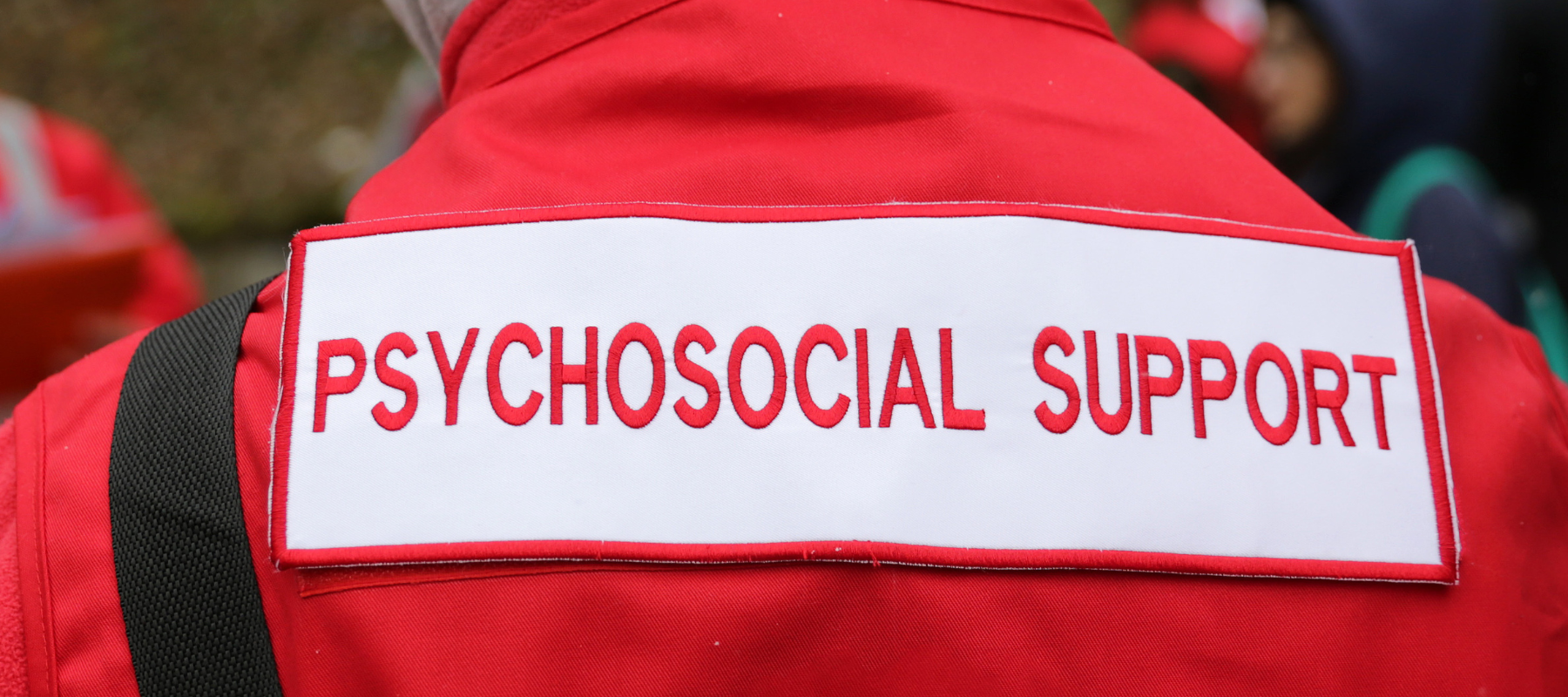In today’s work environment, safety is paramount, extending beyond physical hazards to include psychosocial risks. With recently introduced legislation for Industrial Manslaughter, it’s more important than ever for WHS managers, operation managers, and business owners responsible for OHS and WHS to ensure a comprehensive approach to workplace safety.
Addressing psychosocial hazards is not just a legal requirement; it’s essential for the well-being of employees across all industries.
Understanding the COP for Managing Psychosocial Hazards
Recent legislation referring to industrial manslaughter has underscored the importance of complying with the Code of Practice (COP) for managing psychosocial hazards in the workplace. Failure to implement this COP can result in severe consequences, including potential jail terms for Company Officers and Directors. This legislation impacts all industries, where physical and psychosocial risks must be managed to maintain a safe working environment.
Why Psychosocial Hazards Matter Across All Industries
Psychosocial hazards, such as stress, bullying, and harassment, can severely impact employees’ mental health and overall well-being. These hazards are present in every industry and can lead to many issues, including reduced productivity, higher absenteeism, and increased employee turnover. Organisations may face legal repercussions and a decline in workplace morale and performance by ignoring these risks.
The Role of WHS Managers in All Industries
WHS Managers are vital in identifying, assessing, and managing psychosocial hazards within their organisations. This involves implementing physical safety measures that foster a supportive work environment and prioritise employees’ mental well-being. A holistic approach to safety ensures that all aspects of employee health, both physical and mental, are protected.
How to Take Action
Looking for expert advice on WHS and OHS, focusing on managing psychosocial hazards across various industries is the big first step.
You can start by looking for expert advice in your city to ensure your business complies with the latest codes of practice and stays ahead of regulatory changes. Here are some services your business may need:
- Consulting: Get tailored advice to help you identify and manage psychosocial hazards specific to your industry.
- Audits and Reviews: Contact an experienced consultant who conducts thorough audits and reviews to ensure your OHS management systems are comprehensive and compliant.
- OHS Management Systems: Design and implement OHS management systems that address physical and psychosocial safety measures.
- Ergonomic Support: Ergonomic assessments aim to reduce physical strain and improve mental well-being, no matter your industry.
- Noise and Dust Monitoring: Look for environmental monitoring services that help manage hazards contributing to stress and other psychosocial issues.
- Expert Opinion: Find experts to provide actionable insights on managing psychosocial hazards and meeting COP requirements in your industry.
- Secondments and Outsourcing: Onboard qualified personnel to manage OHS responsibilities within your organisation.
- Safety Promotion Materials: Develop customised materials to promote a culture of safety and well-being in your workplace.
- Safety Software: Tools like Safety Champion Software can help you visualise, track, and analyse your safety efforts, allowing you to make informed decisions and address issues promptly.
Taking Action Across All Industries
No matter your industry now is the time to take proactive steps to manage psychosocial hazards in your workplace.
Partnering with an experienced consultant ensures that your business is not only compliant with the latest regulations but also actively working to protect your employees’ mental and physical well-being.
Steps to Take:
- Evaluate: Assess your current OHS practices to identify gaps in managing psychosocial hazards.
- Consult: Contact experts for a thorough review of your workplace safety measures.
- Implement: Collaborate with an expert to develop and implement a robust OHS management system, including psychosocial hazard management.
- Monitor: Continuously monitor your workplace to ensure ongoing compliance and safety.
Complying with the COP for managing psychosocial hazards is crucial to protecting your employees and your business. Don’t wait until it’s too late; take action now.
Contact an Expert at Action OHS Consulting today to discuss how we can help you create a safer and healthier workplace.

